The Tory right favours betrayal over reality
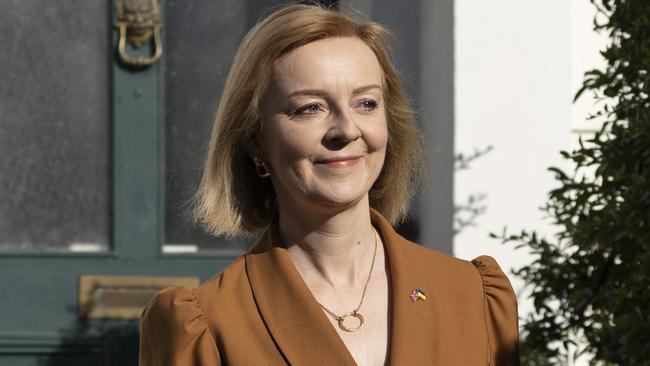
After 1931 each Labour leader in turn was accused of being a new MacDonald, abandoning true socialism, becoming a “Tory”.
The problem, of course, wasn’t really that Labour had, in an extraordinary streak of bad luck, selected one leader after another who was secretly a double agent. It was that the left wanted them to say or do things that were either impossible, impossibly vague or electorally untenable, and sometimes all three. And when the leaders accepted this reality, as in the end they were bound to, they were seen as traitorous.
This incredibly destructive tendency, which is still alive on the left, can now be found on the right too. It has been a marked feature of Tory politics for the past 30 years. And it is becoming more marked.
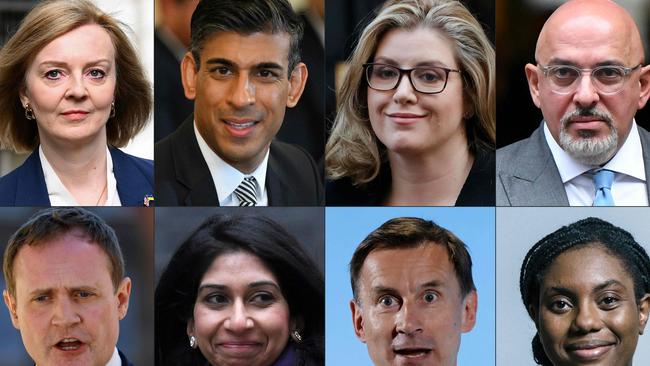
Rishi Sunak is accused of being a “Labour” chancellor and a “socialist” because he wants to pay for things the government has bought. This from the same people who supported the spending and boasted of its success. Priti Patel has let down those who want low immigration. Boris Johnson was attacked for lockdowns and even for being “woke”.
The common pattern is for the right to pick a candidate who isn’t really right-wing, support them as the right-wing candidate and then accuse them afterwards of betrayal. They did this with John Major, with Boris Johnson and to some extent with Theresa May too. Their latest traitor-in-waiting appears to be Liz Truss.
Jacob Rees-Mogg and Nadine Dorries have endorsed the foreign secretary. Dorries said that “she’s probably a stronger Brexiteer than both of us”, and Rees-Mogg agreed. This statement is, of course, flatly untrue and its main value comes as an indication of how people can persuade themselves, and seek to persuade others, of flatly untrue statements.
One of the best speeches against Brexit during the 2016 referendum campaign was made by Truss at a dinner of the Food and Drink Federation. I was there, and it was very striking at the time, but it is even more striking now to watch it on YouTube. She spells out the potential economic costs of leaving the single market and urges businesses not to stay neutral. They need to inform their workers and consumers of the damage Brexit would do to investment and livelihoods.
Truss made this speech as a close ministerial ally of George Osborne, and a person who rather admired Roy Jenkins. Rees-Mogg, who stands up in his own lounge when the national anthem is played on television, is advancing as the right-wing choice someone who, when a Liberal Democrat, opposed the monarchy in an address to its party conference.
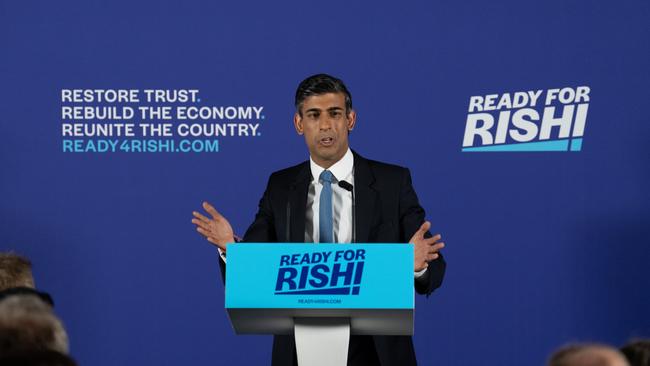
But it won’t, of course, last. Because should Truss become leader, the right would soon announce it was very disappointed in her. And that she wasn’t a real Brexiteer after all.
Real Brexit is, like real socialism, a sort of abstract, undefined idea, always a little over the horizon, always waiting for someone bold enough, a true believer to guide us to the promised land. All the actual problems with Brexit, as with socialism, are because we haven’t tried the real thing.
This is the reason why you can be, as Dorries and Rees-Mogg seem to suggest, a “real Brexiteer” while actually having thought it a stupid idea, or, like Rishi Sunak, attacked as really a Remainer, having in fact supported leaving the EU. Real Brexit is a symbol, a badge, an aspiration, a dream rather than, as it really is, a way of making it more complicated and expensive to sell sausages.
It’s why David Frost, Johnson’s negotiator, can become a celebrity cult figure on the right, campaigning against the Brexit agreement he negotiated himself. He too has become a symbol of Brexit, despite having argued before the vote that “even the best case outcome [of the vote] won’t be as good as we have now”. Whoever is elected leader of the party (and I’m for Sunak, by the way) will disappoint the right and be regarded as a betrayer for as long as it fails to ground its demands in reality. This is inevitable and only depends on timing. Sunak, Patel and Jeremy Hunt have done it already; Kemi Badenoch, Truss and Penny Mordaunt are waiting their turn.
While people incorrectly think that tax cuts automatically pay for themselves, they will always feel the leader isn’t cutting taxes quickly enough. Because just believing that tax cuts are costless doesn’t make them costless. And while people believe that with enough effort we can stop people coming across the Channel in boats, they will feel let down when enough effort doesn’t work.
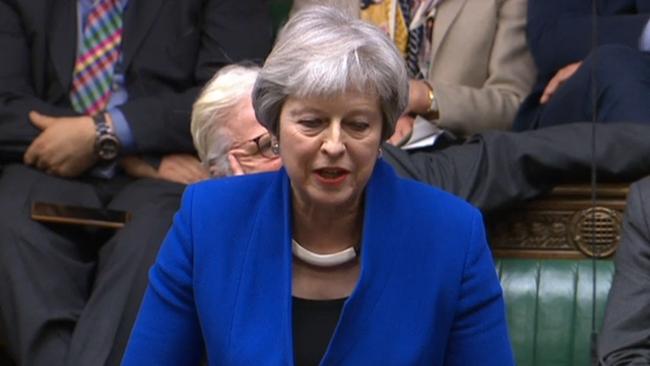
When they think that we can somehow make the Northern Ireland border problem disappear, they will feel betrayed because we can’t make the Northern Ireland border problem disappear. And when they think that there is a massive wave of deregulation enabled by Brexit, they will feel disappointed when a prime minister realises that we actually still need a fair amount of regulation.
When they think that we ought to stop courts judicially reviewing the government or consulting EU judgments when reaching their own, they will feel disappointed when this goes on happening, as it will. And when they advance the idea that to stop this we ought to abandon the European Convention on Human Rights, they will be disappointed when the prime minister inevitably concludes it would be a diplomatic disaster. As it would be.
When they say the prime minister must take economic advantage of Brexit, they will be disappointed if the prime minister discovers there aren’t really that many economic advantages. Their mere belief that such advantages exist doesn’t make them magically appear.
In other words, the right will go on electing leaders and feeling betrayed by them for as long as there is a gap between what they expect to happen and what is remotely likely to happen. In exactly the way Johnson found that his fundamental belief that all rules are ridiculous collided with his need as prime minister to introduce rules to prevent even more Covid deaths. The need was not eliminated by the fact that he had previously written columns about rules. What really happens isn’t affected by someone’s previous rhetoric.
You can use whatever rhetoric you want in an election and it might get you through round one or round two. You might even win. But the final round, the round that comes after victory, will be a contest with reality. And that is a contest reality will win.
The Times

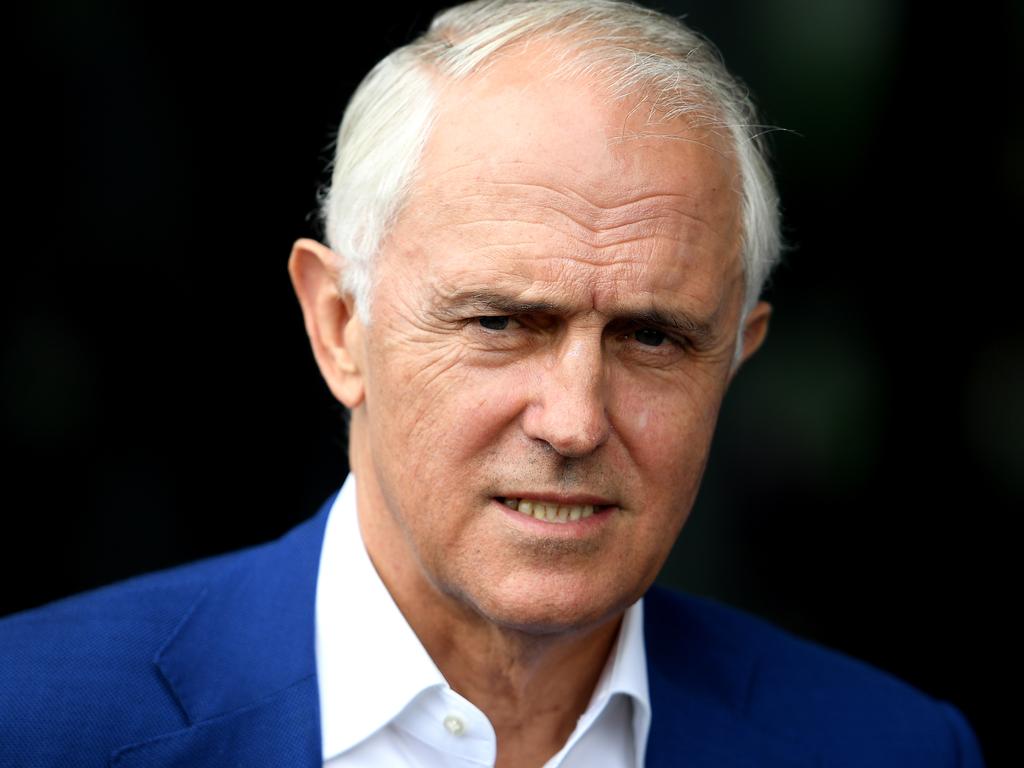
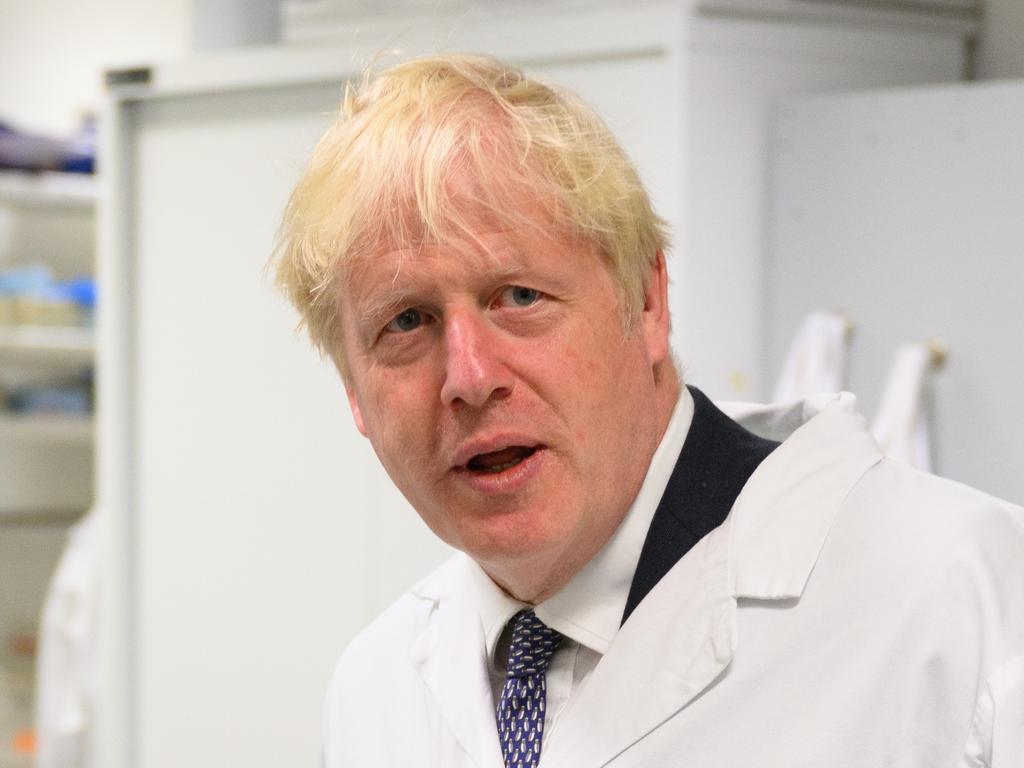



For decades, the year 1931 was spat out as an accusation at Labour conferences, used as a metaphor, repeated as a warning. This was the year when Ramsay MacDonald, the first Labour prime minister, joined the Tories to form a national government. The year when MacDonald had become, Labour activists averred, a traitor.